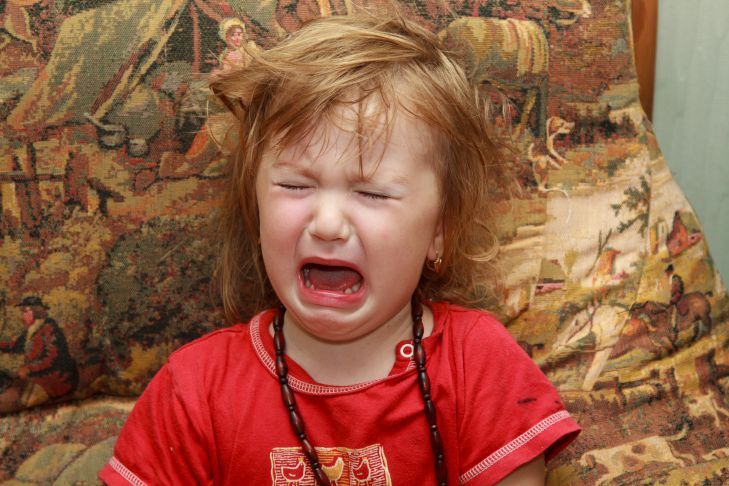How to Punish a Child Correctly: Mistakes 80% of Parents Make
Every day the child develops more and more. He begins to learn about the world, to be interested in different things and to try something new every day.
And then comes the moment when a small child, constantly lying in a crib, learns to walk.
The older the child becomes, the more restrictions are placed on him.
It is during this period that parents have a question: how can they protect their child from danger and teach him to understand their prohibitions without violating trust and contact?
Often parents complain that their child does not understand prohibitions and the word “no”, which in turn is fraught with quarrels between the child and parents.

To avoid this, psychologists strongly recommend adhering to certain rules of upbringing.
Rules of prohibitions
• There shouldn’t be many prohibitions. The main “don’ts” concern exclusively the health and safety of the child.
• Prohibitions must be justified. The parent must convey to the child the consequences of his actions that are prohibited.
Often, a conversation with a child does not yield any results, because the child does not fully understand its meaning. It is worth turning this prohibition into a game that will be imprinted on the child's subconscious.
• If there is a ban, then it is permanent. The words “no” and “you can’t” should work regardless of the mood of the child or parents.
If today you forbade your child to do something, and tomorrow, in your joy, you allow the same action, then in the future the child will not perceive your prohibitions.
• The ban must be uniform. If the mother has set a ban and the father violates it, then you can’t expect the child to follow the restrictions.
• A reasonable punishment must be established for violating the prohibition. Of course, you should not expect the child to immediately stop performing the prohibited actions, but if the prohibition is not taken seriously, then you need to come up with a punishment.
How can you punish a child?
Under no circumstances should physical force be used as punishment.
Shouting and arguing are often also a waste of time and nerves that will not lead to the desired result, but will only undermine the child’s trust and your contact.
Punishment Rules
Punishment should correspond to the offense. Punishments for ignoring requests and intentionally damaging toys should be different, since the degree of offense is different.
Punishment should be for a specific offense, not for character traits. In the case of mess, punishment should follow for ignoring requests to clean up, without shouting "you're a slob."
Punishment should follow immediately after the action. If a child made a mistake in the morning and was punished in the evening, he will not understand why.
Promises must be kept. If you have warned your child that punishment will be assigned for certain actions, then when these actions are performed, you must follow through.
Earlier we talked about how not to raise a “whiner” out ofa child .
